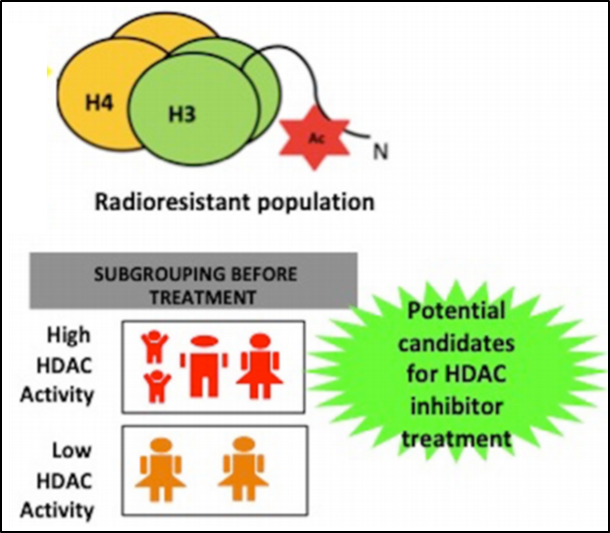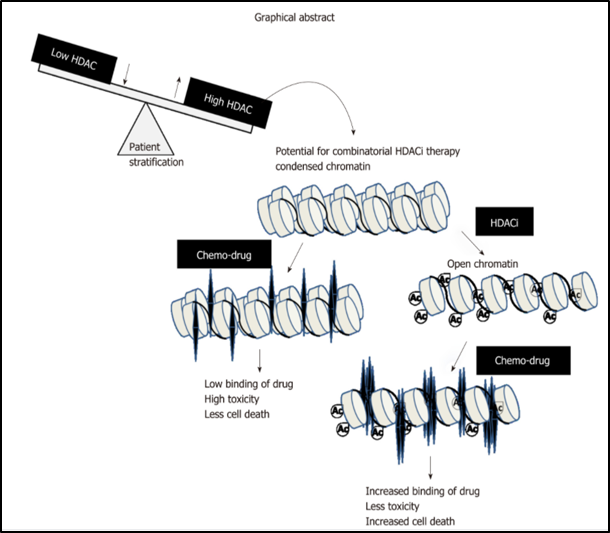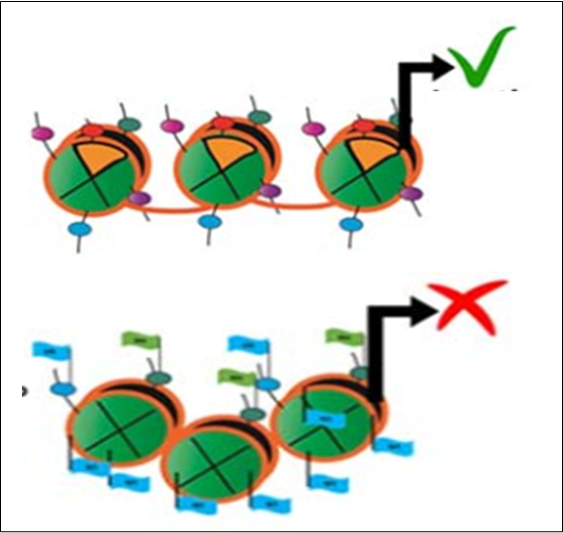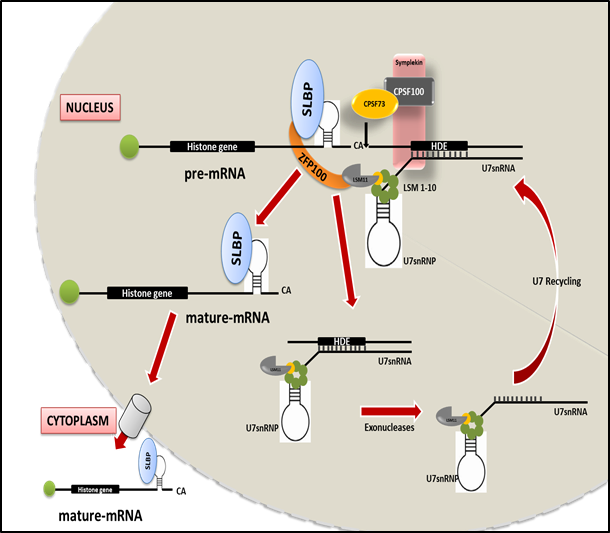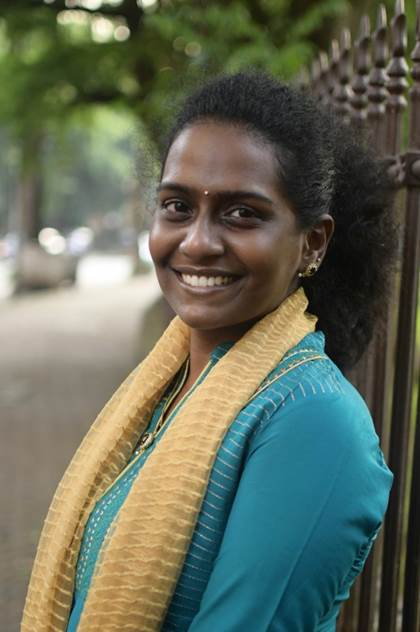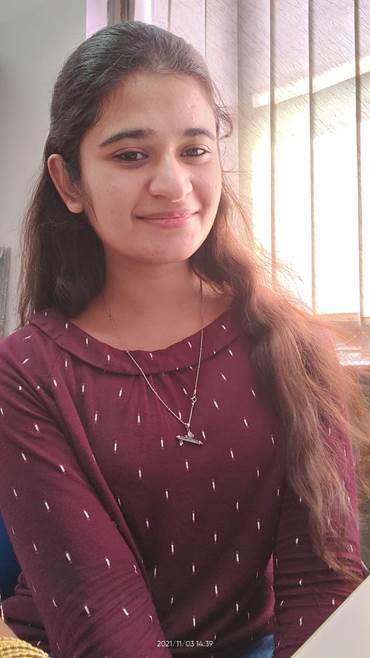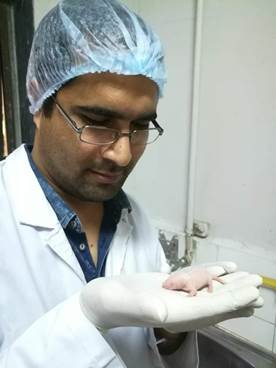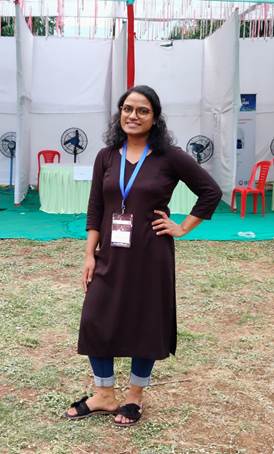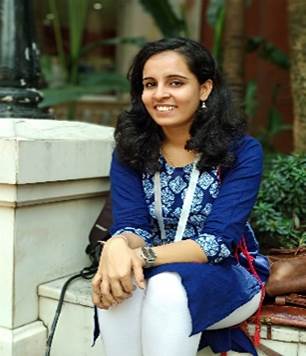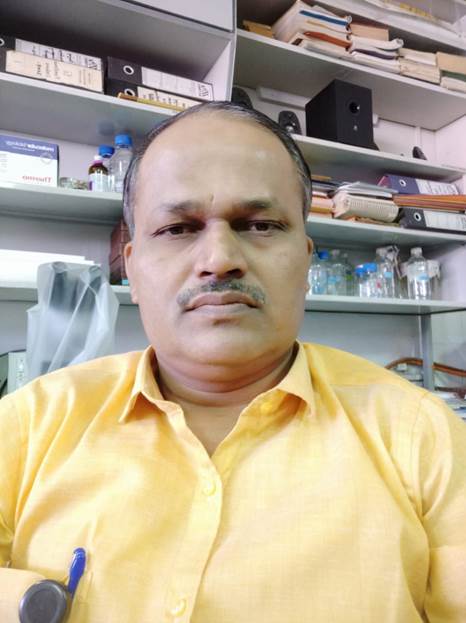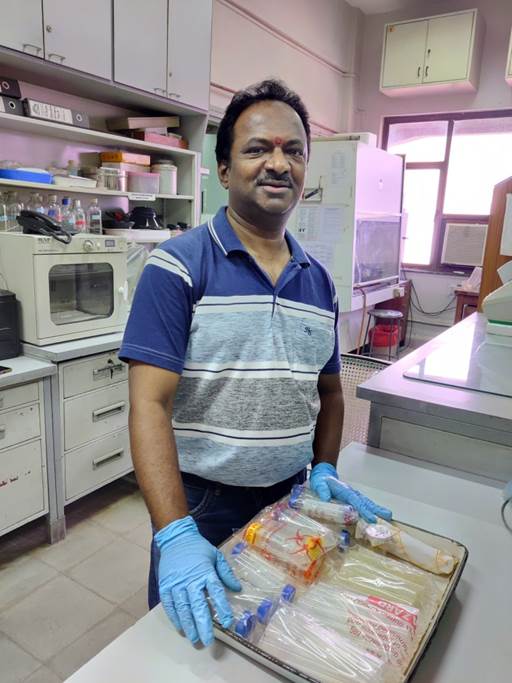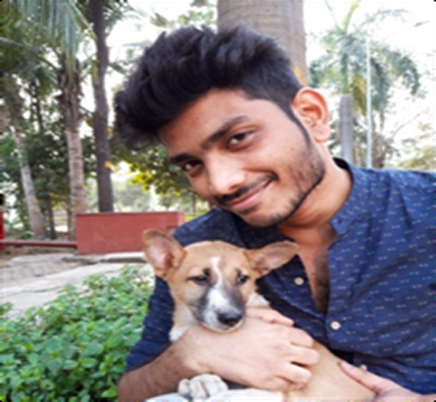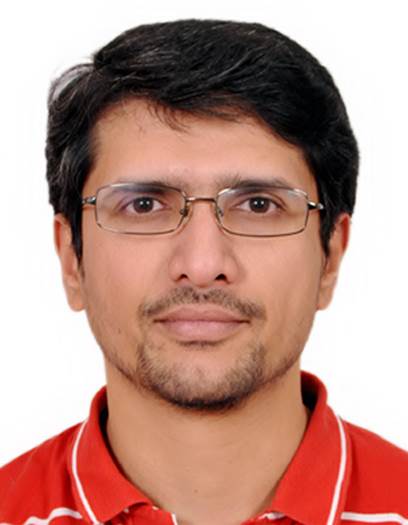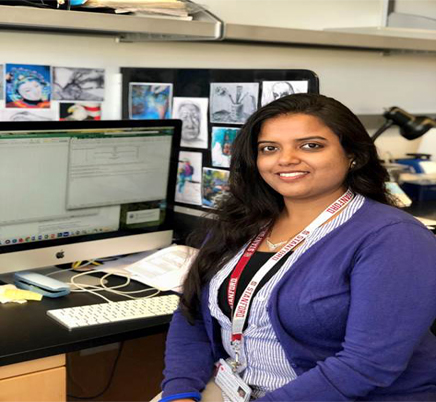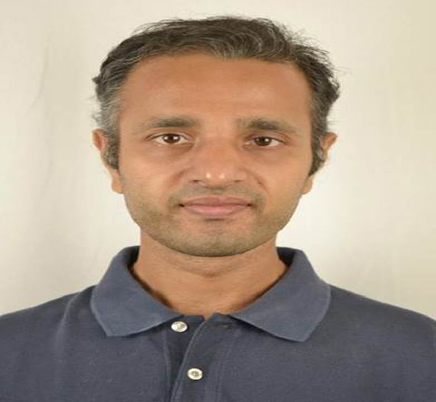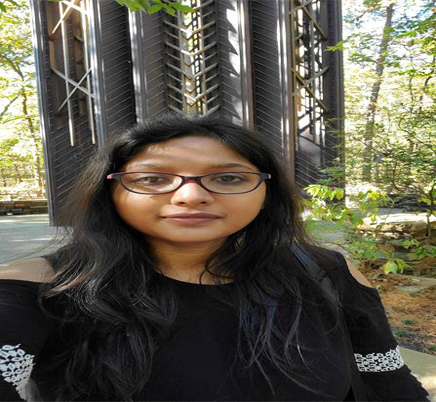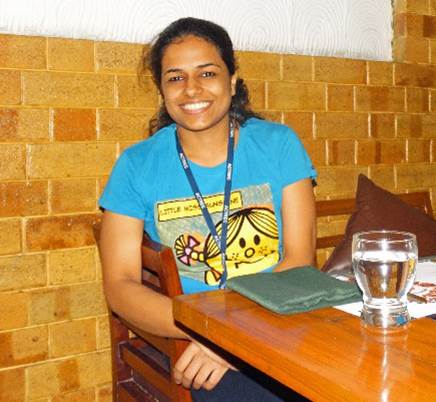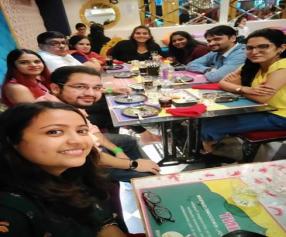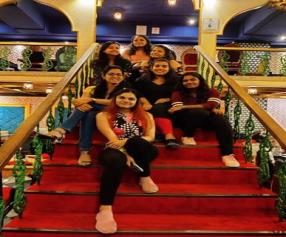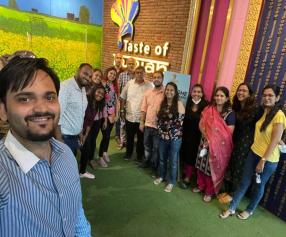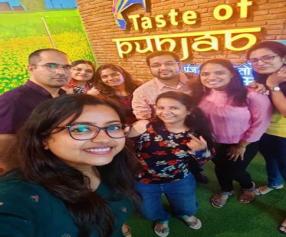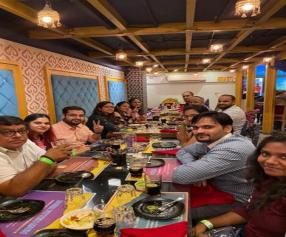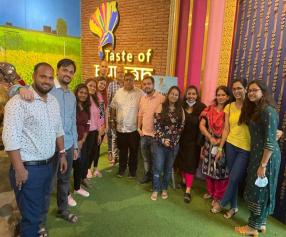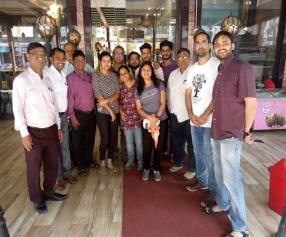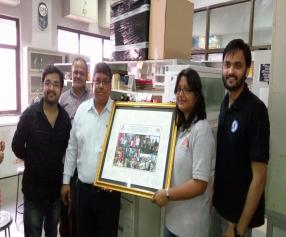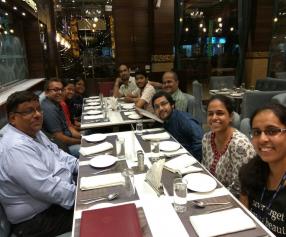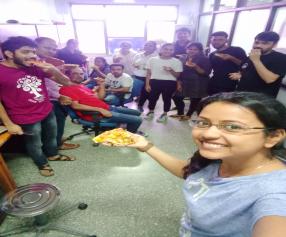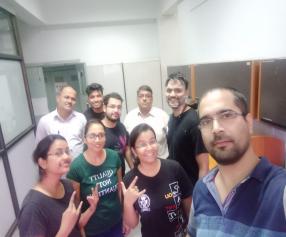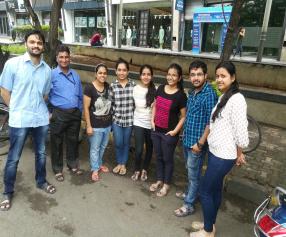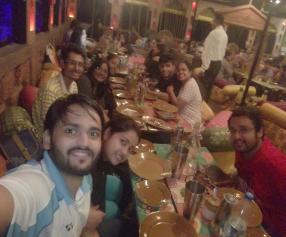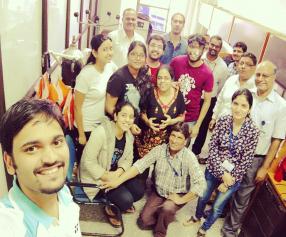
Principal Investigator
- Home
- Dr. Sanjay Gupta
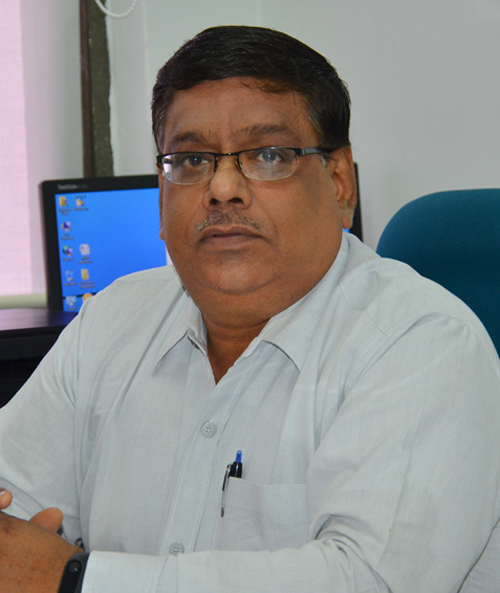
Dr. Sanjay Gupta
Principal Investigator
Honors and Recognitions
Recognized PhD Mentor for
- Life Sciences of the Homi Bhabha National Institute
- Biochemistry of the Mumbai University
- Epigenetics and Cancer of Manipal Academy of Higher Education
Research Interests
Epigenetics, Chromatin, DNA methylation, Transcriptional regulation and Molecular Carcinogenesis
RESEARCH
Histone proteins and their site-specific post-translational modifications regulate process like gene expression, DNA repair, and therefore emerging as key players in cancer and the resistance mechanisms. Recent advances from the group strongly indicate a role for histone, HIST2H2AC and H3.2, and also the part of 3’-UTR organization of histone genes for the genomic instability in human liver, gastric and breast cancers. Further, the critical role of chromatin modifiers like mitogen and stress activated kinase 1, protein phosphatase 1 and class 1 histone deacetylase for H3serine10phosphorylation along with site-specific acetylation in DNA damage response have been identified in human cell lines and gastric cancer tissues. Recent studies have shown reversible mechanism of resistance is mediated by changes in chromatin organization. These epigenetic regulators have significant clinical importance as they provide an opportunity for “epi-drugs” to reverse the specific marks for better management of cancer and resistance phenomena.

